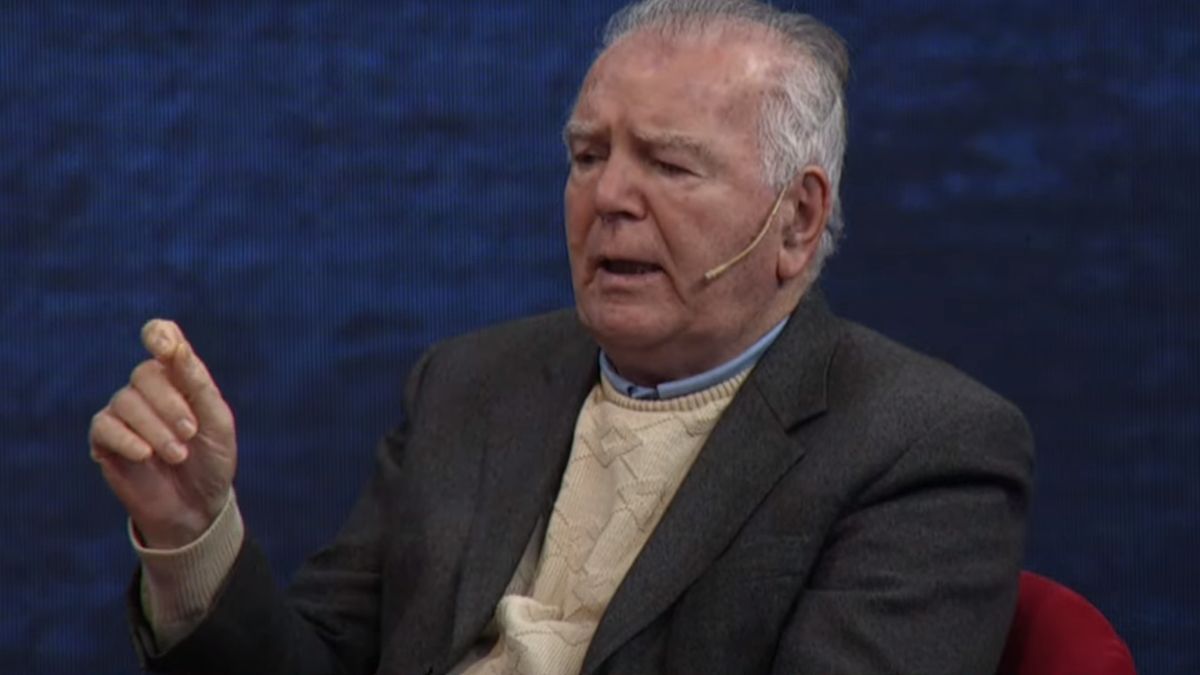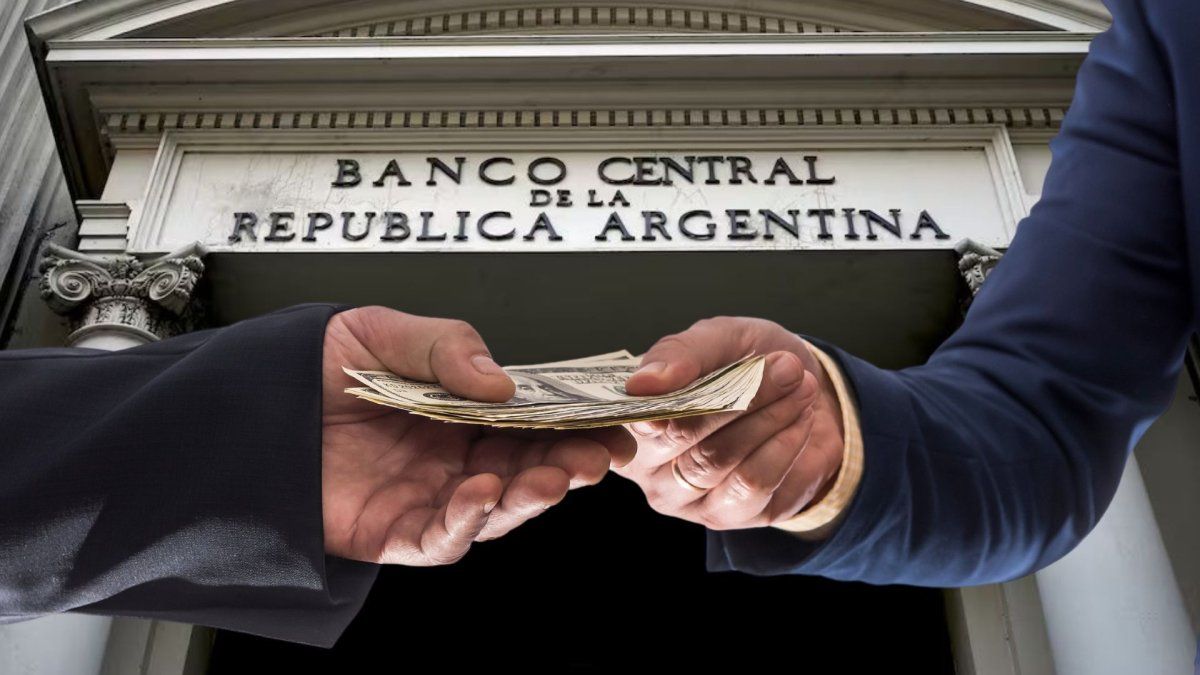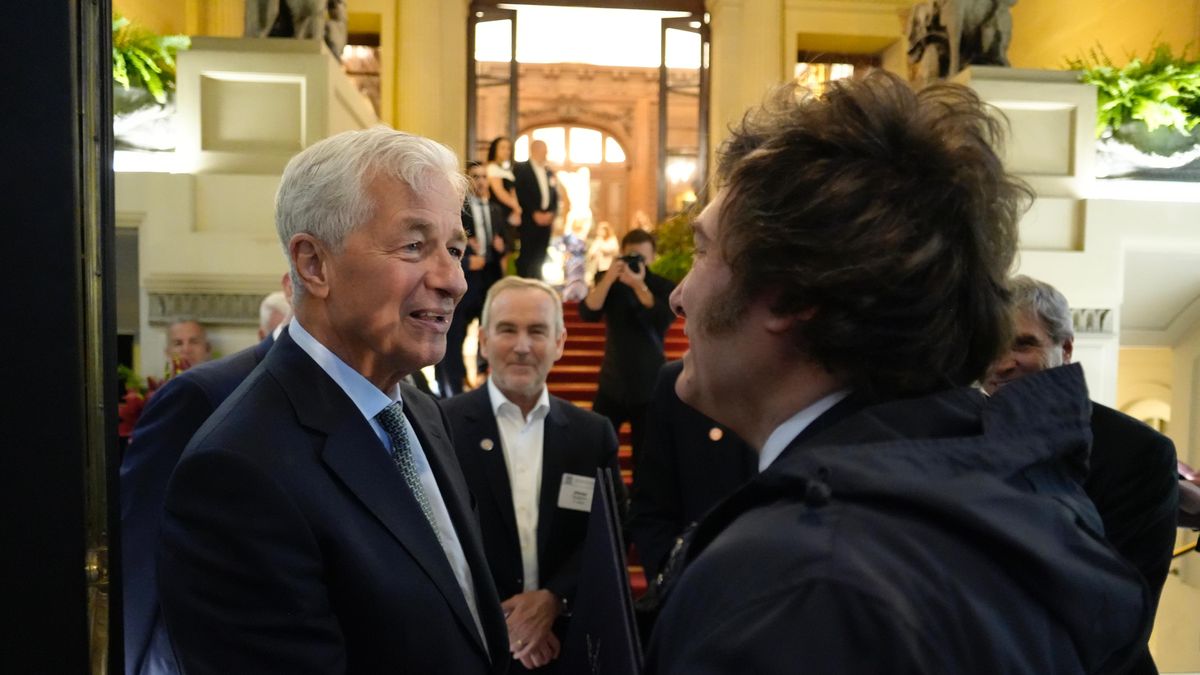The final round of the French presidential election has officially started with the opening of the first polling stations overseas. Liberal Emmanuel Macron and right-wing Marine Le Pen face off in the vote on France’s highest office of state. Both had qualified for the runoff election in the first round two weeks ago. For France, the vote is a choice of direction, and the outcome of the election is also of great importance for cooperation in Europe.
The majority of French people can vote on Sunday, with the results being announced in the evening. Because of the time difference, some overseas territories are already voting on Saturday – including French Guiana, Guadeloupe, Martinique and French Polynesia. The polling stations on the small French archipelago of Saint-Pierre and Miquelon off Canada’s east coast gave the go-ahead on Saturday afternoon (8:00 a.m. local time).
Video: Political scientist and historian Joseph de Weck analyzes the presidential election campaign
This video is disabled
Please activate the categories Performance Cookies and Functional cookies in your cookie settings to view this item. My cookie settings
Macron ahead in polls
Shortly before the elections began, polls saw incumbent Macron ahead with around 55 to 56.5 percent. He also received more votes than Le Pen in the first round. However, his victory is by no means certain. It is unclear, for example, how many people will cast a blank ballot and how many will not vote out of disappointment or frustration. A considerable number of voters from the left camp in particular are likely to opt for one of these options. In addition, in the past, the candidate who had only finished second in the first round always won the runoff.
The election polarizes France and shows how deeply divided society is. In the first round of the election, the leftist Jean-Luc Mélenchon also got more than 20 percent of the votes and ended up in third place. In the past two weeks, Macron and Le Pen have tried to win over his supporters with promises about the climate or salary increases.
Le Pen of the Rassemblement National, who campaigned for a more dovish image, is still known for her far-right positions. Numerous candidates who were eliminated in the first round called for a wall to be built again against the right and for Macron to be elected. Such a Republican front had already existed in 2017 and before that in 2002. At that time, Le Pen and her father and right-wing extremist party founder Jean-Marie Le Pen were clearly inferior to their opponents. In the meantime, however, the cross-camp and cross-party alliance seems to have been weakened.
Numerous French media also appealed for Macron to be elected the day before the runoff. With a view to marginalized groups and the war in Ukraine, they warned against allowing a President Le Pen through abstentions. Macron and Le Pen faced each other in the 2017 runoff.
The French President is elected for five years. He has a significant influence on the country’s politics and often plays a more important role than the prime minister and head of government he appoints. A total of 48.7 million people are registered to vote.
Source: Nachrichten




